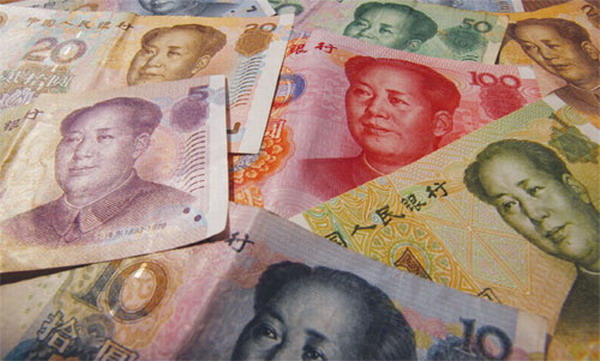No basis to devaluate RMB over long term
(China Daily) Updated: 2016-01-27 07:42
 |
|
Banks say they see a weaker and more volatile offshore yuan this year and, thus, the People's Bank of China may further tighten capital-account control and buy more yuan in the offshore market when it weakens sharply. Petar Kujundzic / Reuters |
THE EXCHANGE rate of the Chinese currency has been relatively volatile recently. This should be viewed from a longer-term perspective and put in the larger context of China's market-based financial reforms, says Xinhua News Agency:
There is simply no basis for the renminbi to devaluate over the long term as the Chinese economy remains robust. The slowdown in economic growth is within the expectations of decision-makers even though it seems to have surprised some.
China does not have a policy to devaluate the renminbi to stimulate its exports. This is a commitment.
The truth is that China is now in the process of moving toward an exchange rate mechanism with reference to a basket of currencies. Which means, as Ma Jun, chief economist of the People's Bank of China's research bureau, said in a recent interview, "the value of the renminbi will be kept basically stable against the whole basket".
At present, the renminbi's exchange rate is not pegged to the US dollar, nor is it allowed to float in an unchecked way. China will introduce a mechanism to properly limit the daily fluctuation rate of the renminbi to the dollar, Ma said.
The authorities have also made clear that the exchange rate regime will continue to be based on market supply and demand.
It is fair to say that the spillover effects of the fluctuations in the exchange rate of the Chinese currency and the potential risks have been exaggerated, and the fundamental reason for the recent global market jitters is that global growth has not recovered to a level that can support monetary tightening.











